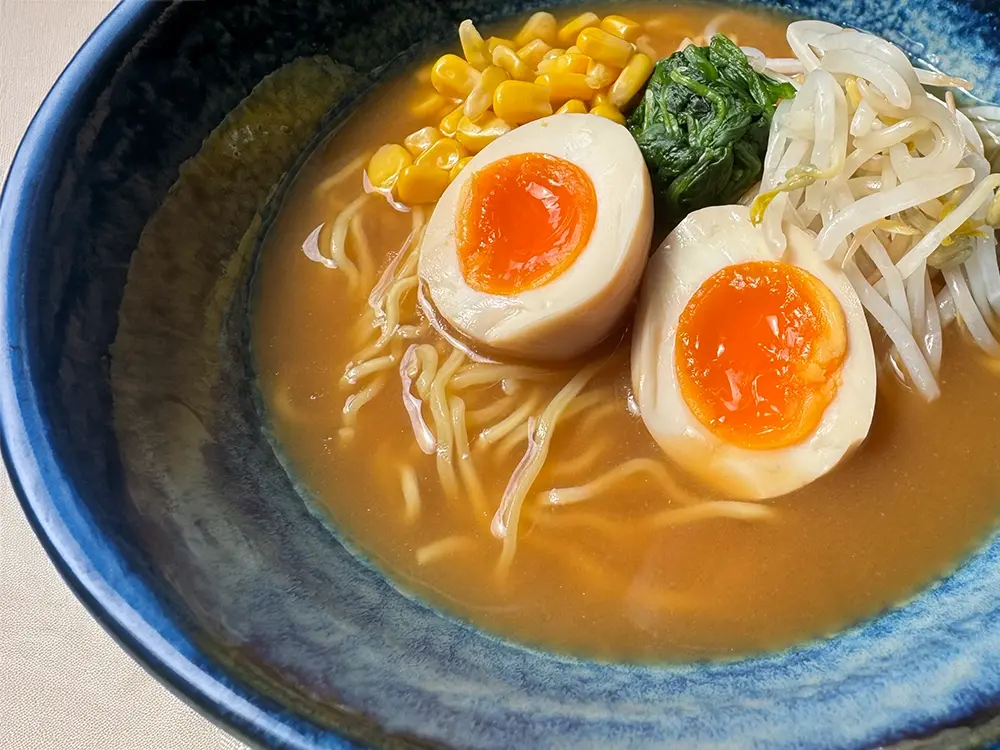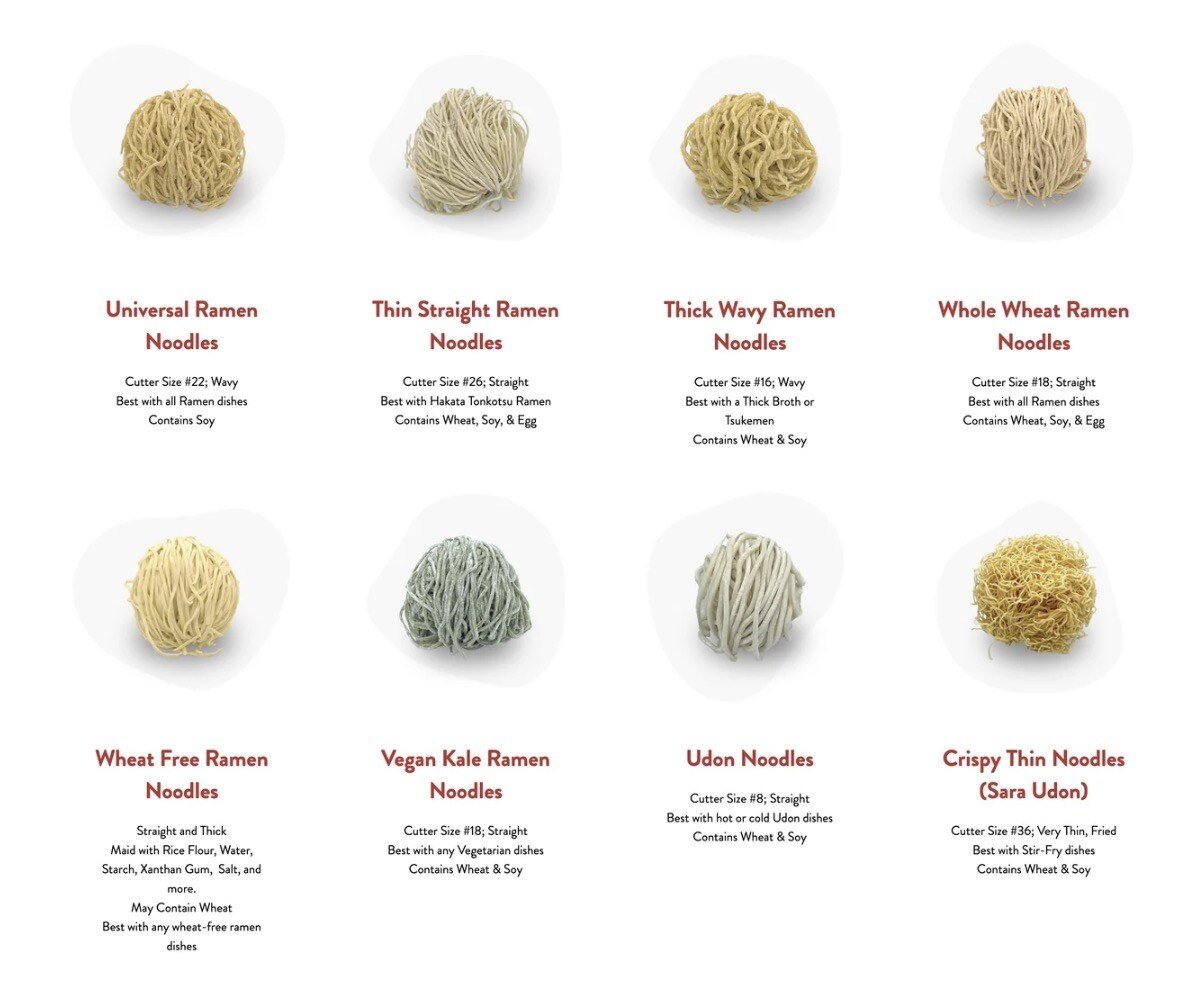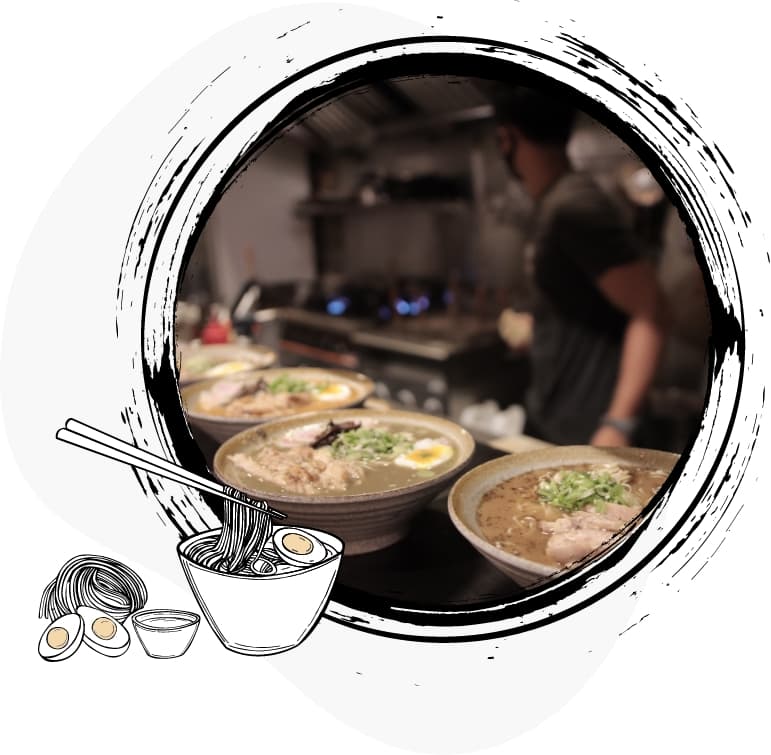The Heart of Every Bowl
Ramen Insight
When it comes to ramen, the soup is the soul that defines the entire dish. From the rich, creamy depths of tonkotsu to the light, clear essence of shio, each type of ramen soup offers a unique flavor experience that tells a story of tradition, culture, and craftsmanship. At Yamachan Ramen, we believe that understanding the different types of ramen soups is essential for appreciating the depth and diversity of this beloved dish.
This blog post is designed to guide you through the most iconic ramen soups, exploring their distinct characteristics, origins, and the ingredients that make them special. Whether you’re a ramen enthusiast or new to the world of ramen, this article will help you gain a deeper understanding of the flavors and techniques that go into creating the perfect bowl of ramen. Join us as we delve into the art of ramen soup-making and discover what makes each type of soup a vital part of the ramen experience.
Understanding Ramen Soup: The Foundation of Flavor
The Role of Soup in Ramen
In the world of ramen, the soup is not just a backdrop; it is the essence that brings the dish to life. The soup forms the foundation upon which all other elements—noodles, toppings, and condiments—are built. A well-crafted soup ties these components together, creating a harmonious balance of flavors and textures. Whether it’s a rich, hearty broth that coats the palate or a light, clear soup that refreshes the senses, the soup sets the tone for the entire ramen experience.
Key Components of Ramen Soup
Ramen soup is a complex blend of various elements that work together to create its distinctive taste. Understanding these components is key to appreciating the art of ramen soup-making:
-
Dashi (Broth Base)
The dashi is the backbone of ramen soup, typically made from a combination of ingredients such as pork bones, chicken, seafood, and vegetables. These ingredients are simmered for hours to extract deep, rich flavors that form the base of the soup. The choice of dashi ingredients significantly impacts the flavor profile of the soup, from the milky richness of tonkotsu to the umami depth of seafood-based broths.

-
Tare (Seasoning Sauce)
Tare is the seasoning concentrate that defines the specific flavor of the ramen soup—whether it’s shoyu (soy sauce), miso (fermented soybean paste), or shio (salt). Added to the dashi just before serving, tare is what gives each bowl of ramen its unique taste. It’s often a closely guarded secret among ramen chefs, with recipes passed down through generations.

To simplify the process of creating authentic ramen, Yamachan Ramen offers a range of high-quality soup bases* designed for food service providers. These concentrated bases, including options for tonkotsu, miso, shio, and shoyu ramen, are carefully crafted to deliver consistent and rich flavors. Whether you’re running a busy restaurant or a specialty ramen shop, these bases provide a reliable foundation for creating delicious ramen bowls with minimal preparation time.
*Please note, these products are available exclusively for food service companies and are not intended for retail sale.
-
Koumi Abura (Flavoring Oil)
Koumi abura, or flavoring oil, is the final touch that enhances the aroma and richness of ramen soup. Made from oils like garlic, chili, or sesame, it is drizzled over the soup just before serving. This optional component adds complexity, highlighting the broth's nuances and enhancing the overall flavor.

By understanding these basic concepts, you can begin to see how ramen soups are crafted with precision and care, each component playing a vital role in creating a balanced and delicious bowl of ramen.





